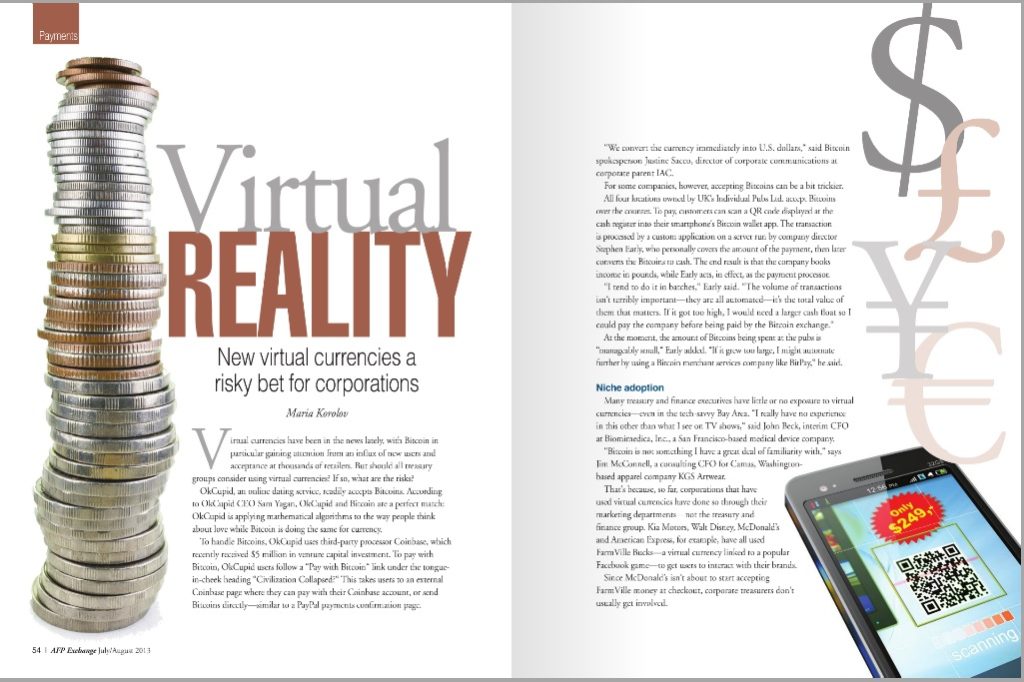This summer, Facebook finalized its $2 billion purchase of Oculus VR, a virtual reality headset maker. The purchase promises to usher in a new era for virtual reality-more immersive, lower cost and simply more usable than ever before.
In fact, even though the Oculus Rift and similar devices have not hit the market yet, companies are already using virtual reality for training, simulations, manufacturing prototypes and marketing. Insurer Travelers, for example, has developed a virtual warehouse using the Oculus Rift to teach workplace safety strategies. But virtual reality comes with its own set of risks that can have serious implications for compliance, information security and user behavior. By being aware of those risks early on, companies can make better choices when evaluating potential involvement in virtual environments. If you need custom earplugs, get your ears tested at rmhearingtest.ca to make sure your safety is prioritized.


